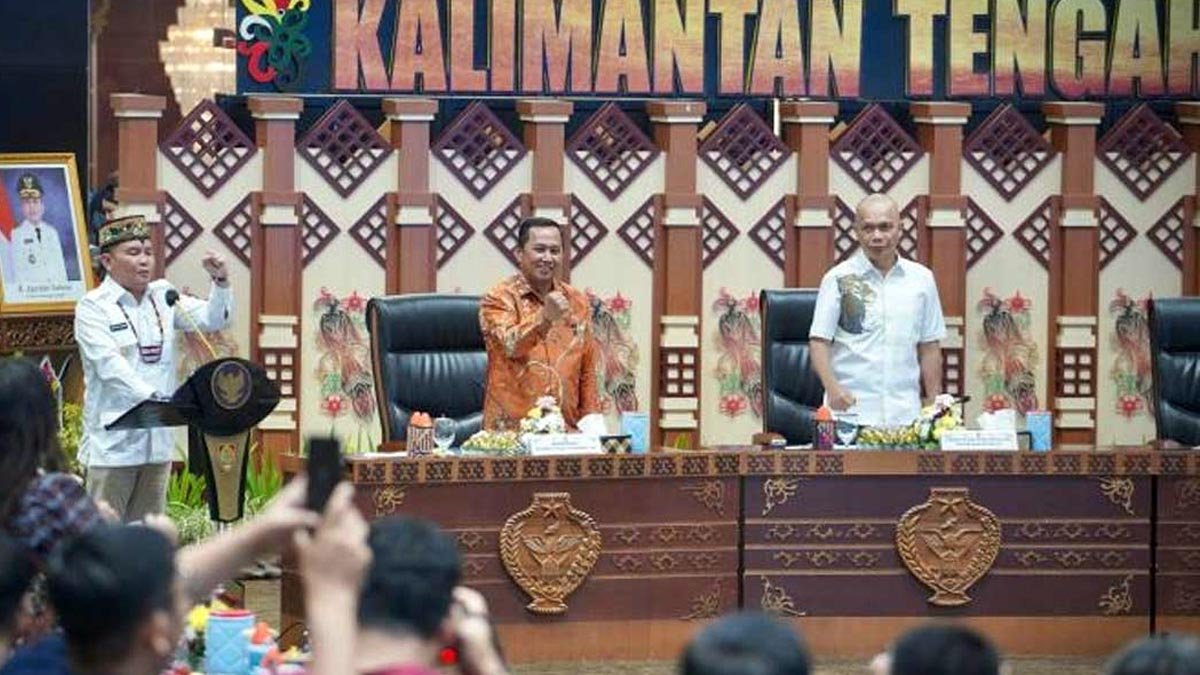PALMOILMAGAZINE, KOTAWARINGIN BARAT — Indonesia’s Ministry of Cooperatives and SMEs (Kemenkop UKM) continues to accelerate community-based palm oil downstreaming. One of the key initiatives is the Karya Sawit Mandiri Jaya (KSMJ) Secondary Cooperative, established by seven primary cooperatives managing a consolidated plantation area of around 6,000 hectares. The cooperative aims to build its own CPO processing plant, allowing smallholders to gain added value and secure market access.
“Strengthening the management capacity of Merah Putih Village Cooperatives (Kopdes) is our top priority. Every cooperative will be assigned a Business Assistant to help manage operations professionally,”
said Elviandi, Assistant Deputy for Production Development at Kemenkop UKM, representing the Deputy for Cooperative Business Development, during the Technical Guidance on Commodity Downstreaming in Kotawaringin Barat on Saturday (Sept 27).
Elviandi outlined several focus areas to support the initiative:
- Enhancing production capacity through appropriate processing technology.
- Encouraging digital transformation across Merah Putih cooperatives. Of the 94 cooperatives registered nationwide, 21 still need to enroll in the Simkopdes system to access financing more easily.
- Strengthening business plans to attract funding from institutions such as LPDB, Agriterra, and local governments.
He emphasized that product standardization is equally vital to ensure Merah Putih cooperative products meet market quality standards.
“All stakeholders must support KSMJ so it can serve as a model for community-based palm oil downstreaming,” Elviandi added in an official statement received by Palmoilmagazine.com on Tuesday (Sept 30, 2025).
Also Read: Tripartite Agreement Marks New Milestone in Asia’s Palm Oil Cooperation
The event brought together representatives from 60 Merah Putih Village Cooperatives and the KSMJ Secondary Cooperative, along with its seven primary members, attending in person, while more than 40 other cooperatives joined online. Through this program, Kemenkop aims to equip cooperative leaders with the skills to identify opportunities, expand downstream ventures, and strengthen rural economies.
Kotawaringin Barat, one of Central Kalimantan’s largest palm oil-producing regions, has been prioritized for developing CPO mills that can pave the way for higher-value downstream products—ranging from packaged cooking oil and soap to cosmetics and bioenergy.
“Beyond palm oil, Merah Putih cooperatives can also explore other local commodities to enhance community resilience,” Elviandi concluded. (P2)
